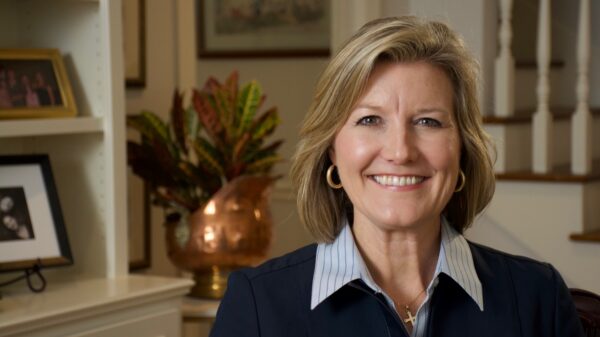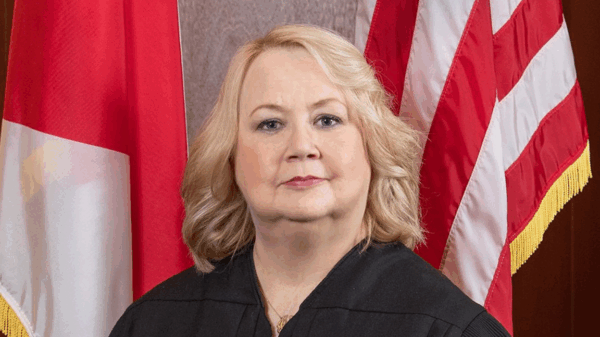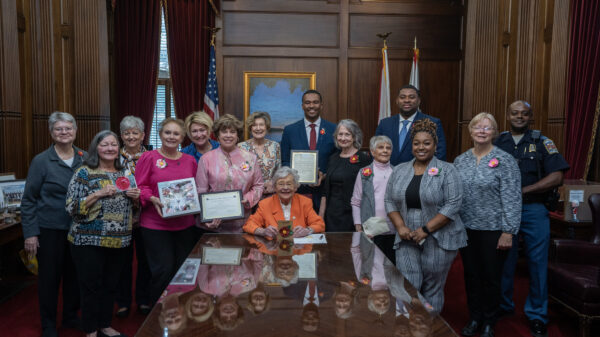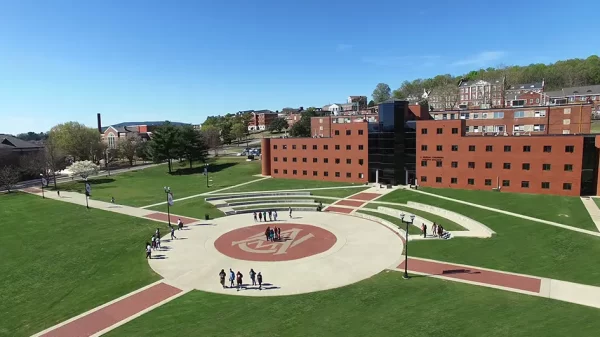By Brandon Moseley
Alabama Political Reporter
On Thursday, April 23, the Alabama House of Representatives passed SB72 sponsored by State Senator Dick Brewbaker (R-Montgomery). The bill was carried in the House by State Representative Ed Henry (R-Hartselle).
Technology is changing our workplaces, our homes, and increasingly our schools. Students will be able to take classes online from their public school system. SB72 will require every school system in the state to prepare a plan for virtual learning.
Rep. Ed Henry (R-Hartselle) speaking on the House floor said right now there are public schools that have developed an online program. Students can take one course two courses or a whole curriculum. If they engage in that program they would be a member of that school.
Rep. Mary Moore (D-Birmingham) objected to public school students taking their classes at home: “I trust the public schools to manage those children that shows up for class.” The only exception is those kids that are sick and then teachers come out to their home to teach them.
Rep. Moore was concerned that home school parents would take advantage of this resource.
Rep. Henry said, “I believe the majority of students who take advantage of this opportunity will not be home school kids.”
Henry acknowledged that this may open the door for some home school student to enter back into the public school system through online learning. Henry however said that most home school parents that he new do it for religious not academic reasons.
Rep. Henry said that the purpose of this is to try to get a higher level of education in front of every child in Alabama. “This is where education is going in our lifetime.”
Henry said that the legislature is not high on trying to dictate what every school district needs. “I don’t believe the bureaucrats in Montgomery know what your guys need. This bill give the local school board the ability to make the decision on what their plan is going to be. I am not mandating anything other than they establish a policy.”
Rep. Henry said, “There is no mechanism under current law for a school district to do this. Some of them are doing this already. Every child in Alabama will have access at some point to a quality online education.”
Rep. Danny Garrett (R-Trussville) said, “Education is dynamic. It is always changing. I think this a great idea.”
Henry said that we are mandating that they offer this for grades 9 to 12. Florence already is rolling out a junior high program and this may come to elementary school.
Rep. Laura Hall (D-Huntsville) said I had a grandson that was very challenged. He just barely got out of high school. This might have helped him.
Rep. Patricia Todd (D-Birmingham) said, “I actually support the bill.”
Rep. Ed Henry said that this bill changes the law so that the 180 days of instruction rule would not apply to these students. There is a misconception is that this is some grand scheme to bring home school kids back to the public schools. “I don’t think there is anything magic about 180 days.”
Rep. Henry said, “Nobody from the state Department of Education has contacted me or Senator Brewbaker with concerns about this bill…No one from that organization gave any indication that there is something they would like with in this that is not in this.” Dr. Bice was consulted on all of this.
The bill exempts students participating in the program from having to be in the brick and mortar school building 180 days a year and prevents the Alabama High School Athletics Associaition (AHSA) from penalizing students who participate in the virtual school program with loss of their athletic eligibility.
The bill won final passage in the House 82 to 20. It now goes to the Governor’s desk.
Henry told the Alabama Political Reporter and other media members that fast learners hit a wall very soon in the classroom environment. They have to wait for the rest of the class to catch up them. The same is true on the bottom end where slow learners have the class move on before they learn the skill being taught. Virtual learning delivers tailored education at the rate that is best suited for the individual child.





















































